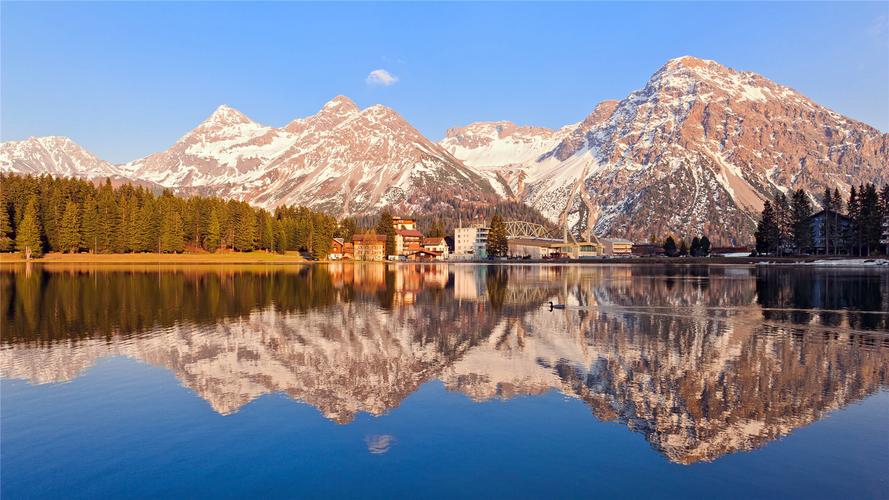Cultural heritage encompasses the unique art, practices, traditions, and artifacts specific to a particular region or group of people. Understanding cultural heritage is crucial for individuals appearing for the UPSC exam as it plays a pivotal role in understanding Indian society’s roots, diversity, and evolution over the years. In this article, we will explore the significance of cultural heritage for the UPSC exam.
Importance of cultural heritage for the UPSC exam
The UPSC exam is one of the most competitive exams in India, and evaluating aspirants’ knowledge of India’s rich cultural heritage is an essential aspect of it. Here are a few reasons why understanding cultural heritage is essential for UPSC exam aspirants:
1. Understanding India’s history: Culture is a reflection of society’s history, and for UPSC aspirants, it is essential to have an in-depth understanding of Indian history. Aspirants should be well-versed with the cultural movements, traditions, customs, and practices prevalent in different parts of India.
2. Knowledge of regional diversity: India is a diverse country, rich with cultural heritage, and different regions in India possess unique cultural traits that need to be understood. Knowing regional differences is essential, and aspirants must have knowledge of various regional cultures.
3. Understanding societal structures and values: Culture shapes society’s values and beliefs that help define societal structures, norms, and customs. To have a complete understanding, aspirants must understand the cultural ethos of India that helps define societal structures.
4. Insights into Art and Literature: Art and literature are a reflection of society, and understanding the cultural heritage of India gives aspirants deep insights into its rich literary and artistic traditions.
Examples of Cultural Heritage for UPSC Aspirants
Here are a few examples of cultural heritage that UPSC aspirants must be familiar with:
1. Rock-cut caves: Aspirants must understand the significance of rock-cut caves, their architecture, and how they are a reflection of the cultural and artistic history of India. Ajanta and Ellora Caves are excellent examples of rock-cut caves.
2. Indian dance forms: India is a land of diverse dance forms, and UPSC aspirants must have knowledge of traditional Indian dance forms like Bharatanatyam, Kathak, and Manipuri.
3. Festivals and Celebrations: India hosts several festivals throughout the year, and it is crucial for UPSC aspirants to understand their significance. For example, Diwali is the most celebrated festival in India, and it is essential to have a good understanding of its customs, traditions, and significance.
Conclusion
UPSC aspirants must have a deep understanding of India’s cultural heritage, and they must hone their knowledge to achieve success in the exam. Cultural heritage is an essential aspect of Indian society, and aspirants must recognize its significance in shaping society and its evolution over the years. To sum up, a deep understanding of India’s cultural heritage will give aspirants an edge, and familiarity with the diverse cultural traits will aid them in their journey towards success in the UPSC exam.
(Note: Do you have knowledge or insights to share? Unlock new opportunities and expand your reach by joining our authors team. Click Registration to join us and share your expertise with our readers.)
